Top Product
The Most Popular Water Softener
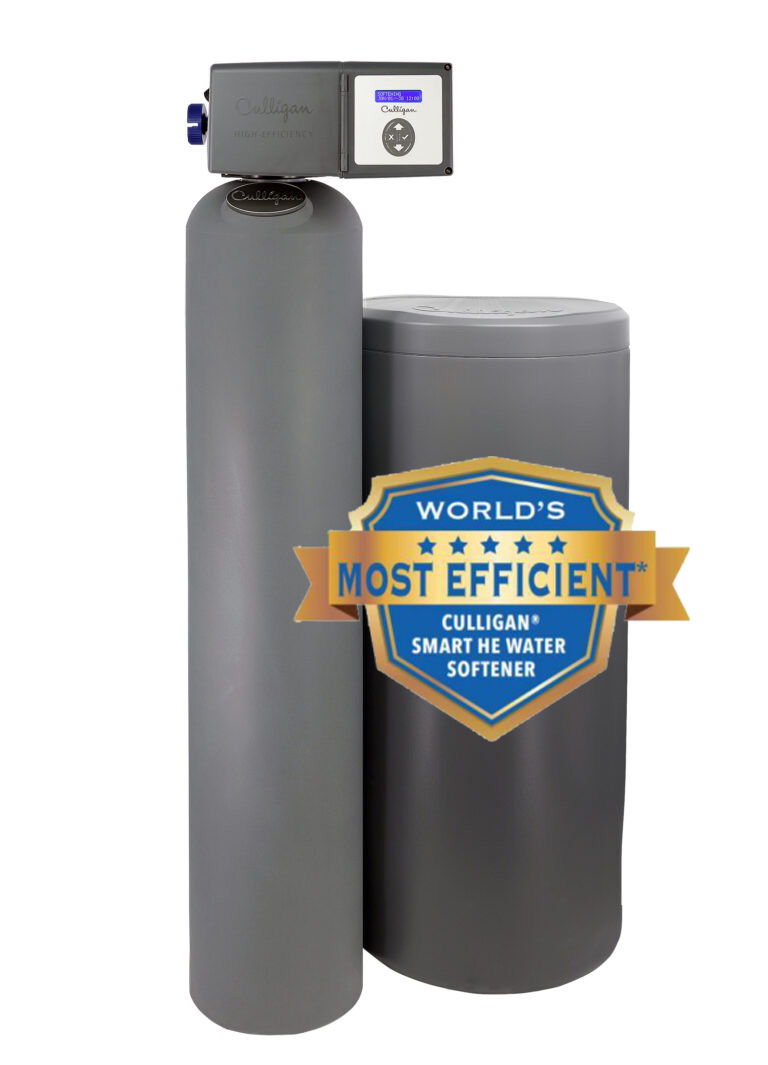
Aquasential™ Smart High Efficiency Water Softener
- Smart brine tank auto-monitors salt levels
- Convenient auto-bypass valve
- Reliable non-corrosive valve
- Worry-free maintenance
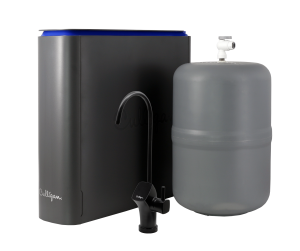
Aquasential® Smart Reverse Osmosis Water Filter (RO)
- 7 stages of filtration and 12 filter options
- Certified for reduction of 58 contaminants
- 2-in-1 sediment and carbon filter screens out sediment and particles
- Can alert you and your dealer when service or filter replacements are needed
Top Product
The Most Popular Water Softener
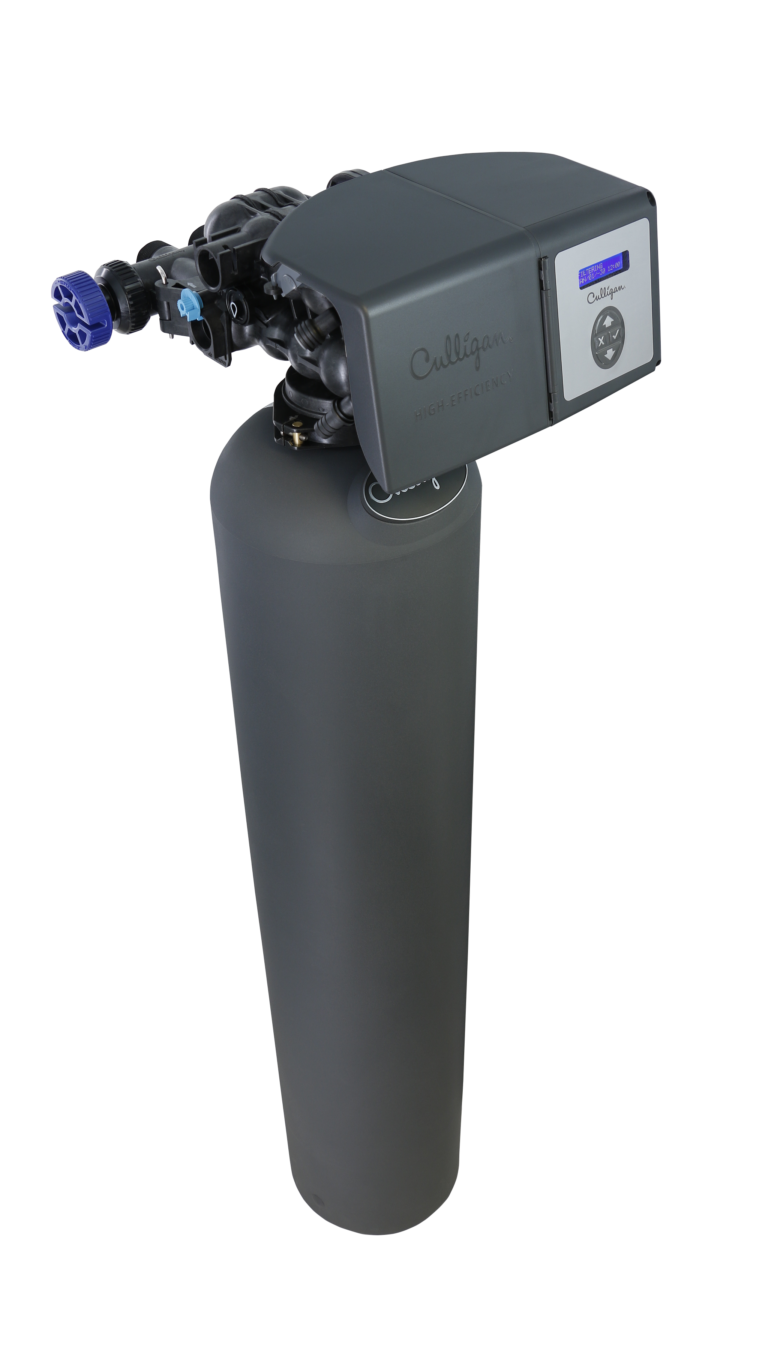
Aquasential™ Smart High Efficiency, Select Series™ and Select Plus Series™
- Culligan® Filtr-Cleer® Water Filters – Reduces Sediment Problems
- Culligan® Cullar® Water Filters – Reduces Taste and Odor Problems
- Culligan® Cullneu Water Filters – Reduces Acid Problems
Water Filter FAQ
We Have Answers!
Will my water taste salty?
No. A properly functioning water softener will never make your water taste salty. The small amount of sodium added to the water will never create a salty taste.
How do I know if I have hard water?
Hard water usually manifests itself in several ways. It leaves white residue behind wherever water evaporates. When hardness reacts with soaps and detergents, it leaves a sticky soap scum behind, and in hot water heating systems it leaves behind a hard scale.
How does a water softener work?
A water softener works through a process known as “ion exchange,” which means that as it removes calcium and magnesium (elements that make water “hard”), it replaces those ions on a one for one basis, usually with sodium. This means that the amount of sodium added to the water is directly proportional to how hard your water is. In most instances the amount being added is so small that it is not a significant contributor to the amount of sodium in your diet.
Will a water softener reverse the damage that has already been done to my appliances?
Yes, if your hard water has been building up scale in your appliances, once you install a softener it will begin to remove that built-up scale. It will take a long time to remove it, but it will remove it.
Will the softener remove all impurities from my water?
Unfortunately, no. A water softener is designed to remove hardness (calcium and magnesium) from water. They can sometimes remove a limited amount of iron and manganese if you happen to have these problems as well. But if you are looking for great water for drinking and cooking, you should probably consider a reverse osmosis system for that purpose.
Are there chemicals used or put into the water to soften the water?
Other than salt or potassium chloride, there are no other chemicals that a water softener uses. On the contrary, using a water softener reduces the amount of cleaning supplies and detergents that you need to put down the drain trying to keep your home and family clean. Using a water softener is very environmentally friendly.
How long after installation will I have soft water?
Once a softener is installed, it will begin to soften your water immediately, However, if you have a tank-type hot water heater, it may take a few days to use up that hard water, until you feel the full effects of soft water.
How often do I need to add salt?
Most good softeners today, recharge based on how many gallons of water you use, and how hard your water is to start with. However, most of our customers today are adding salt once or twice a year, on average.
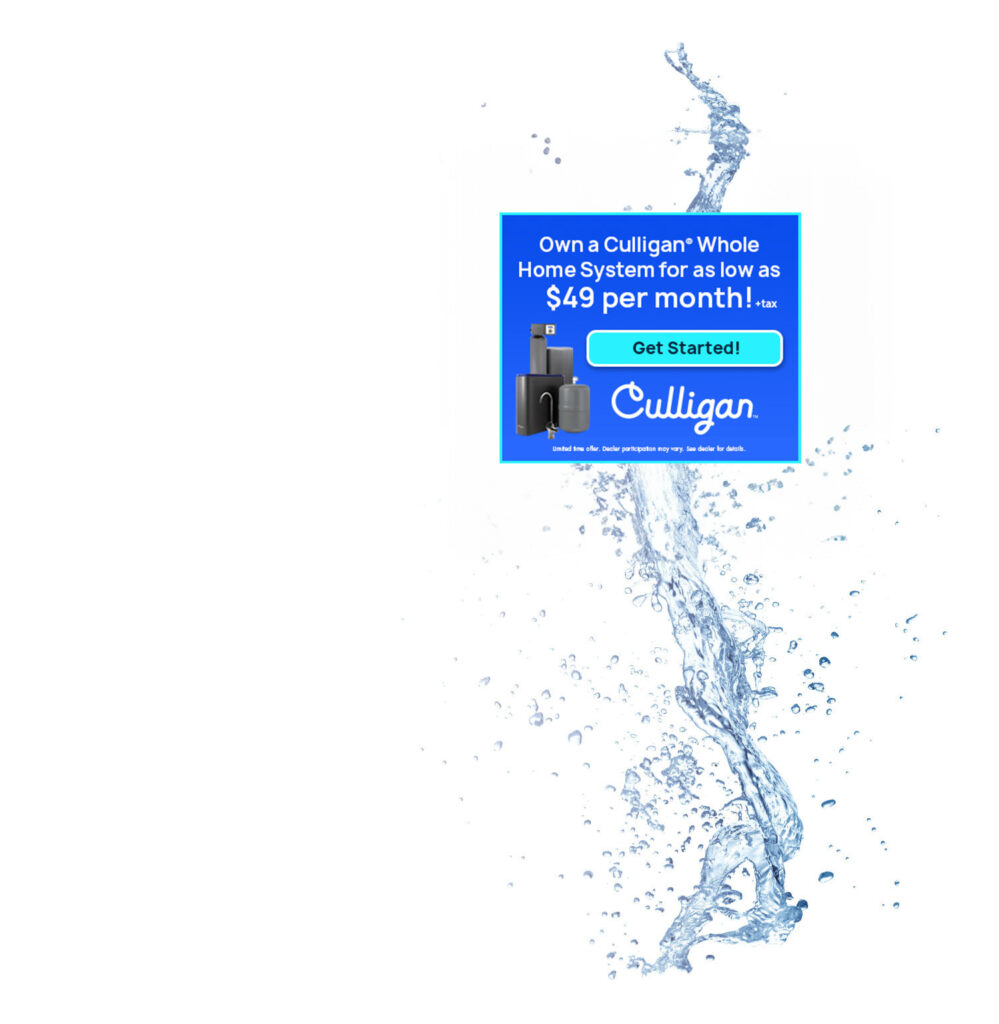
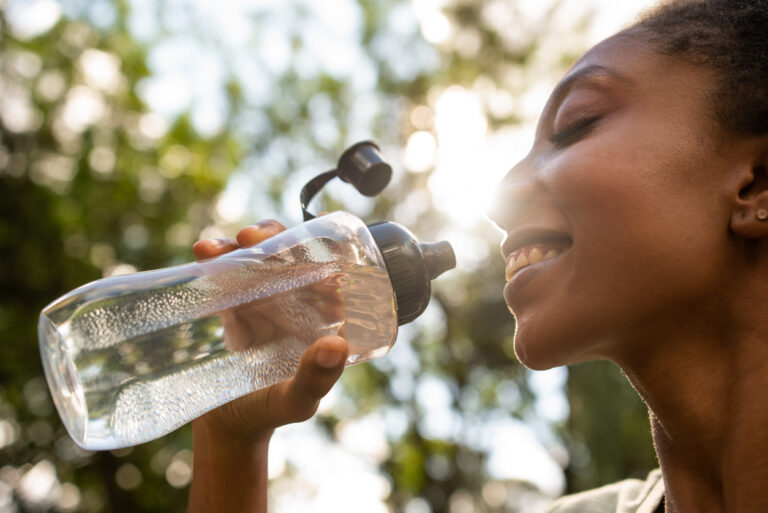

Facebook